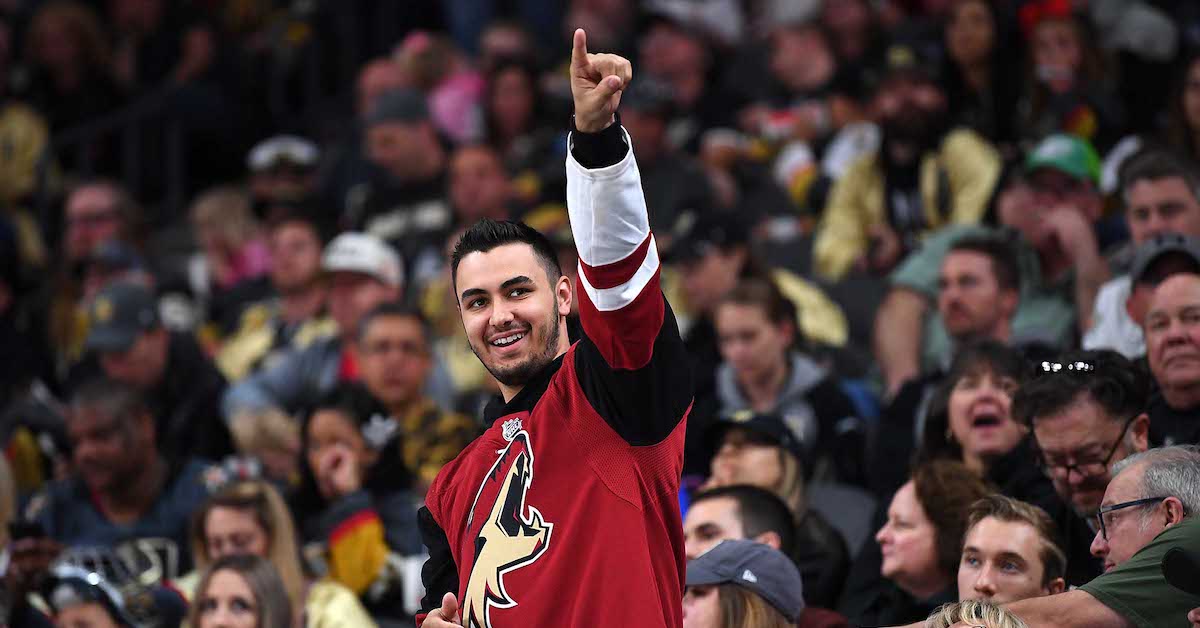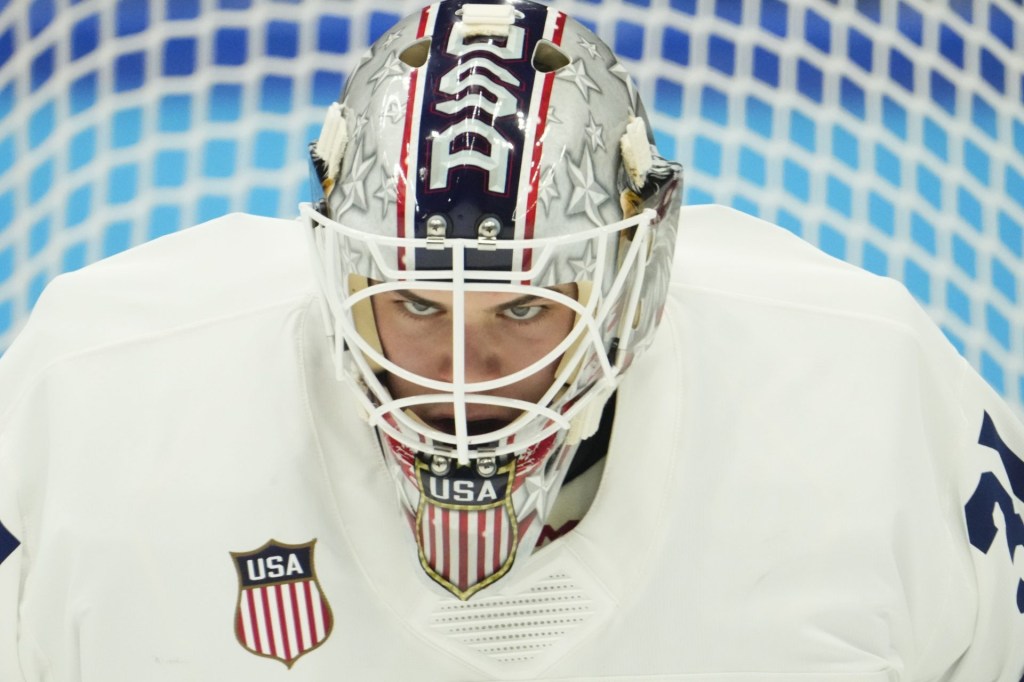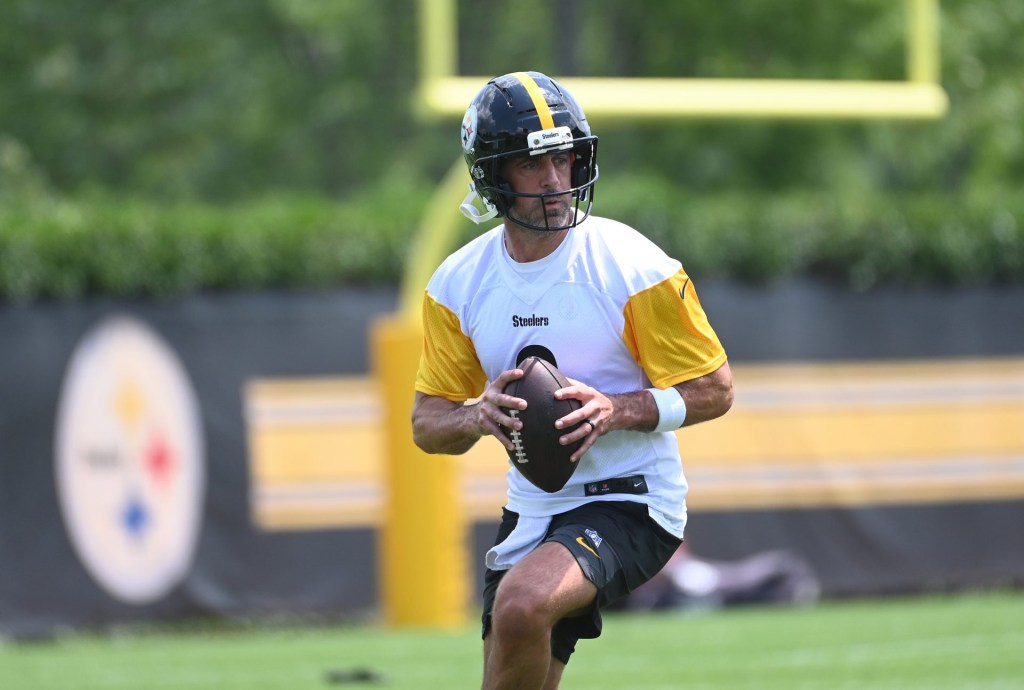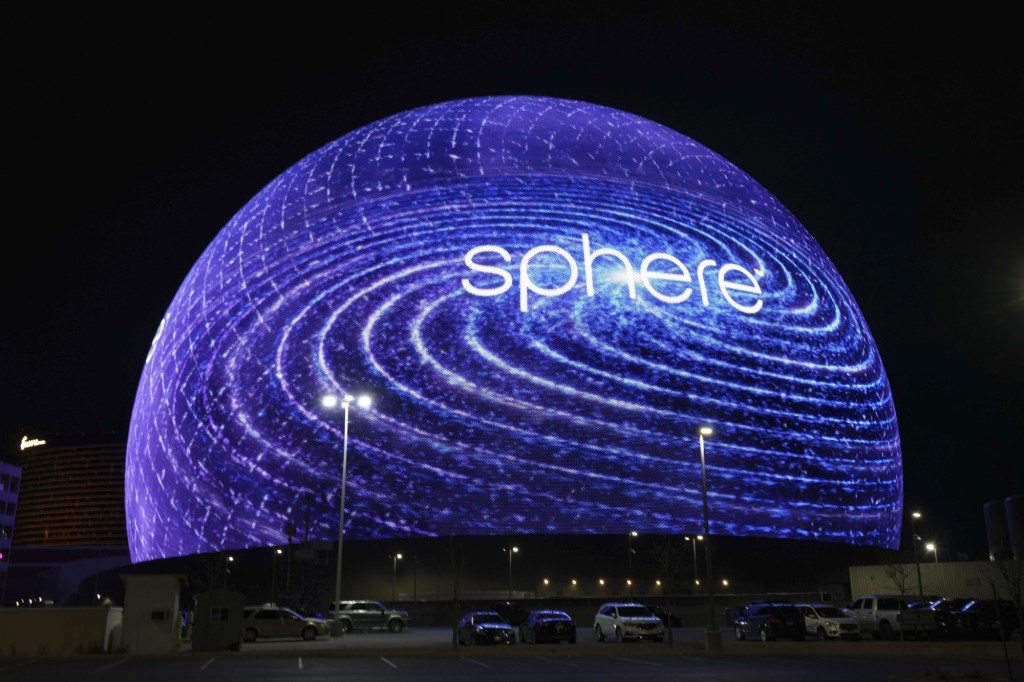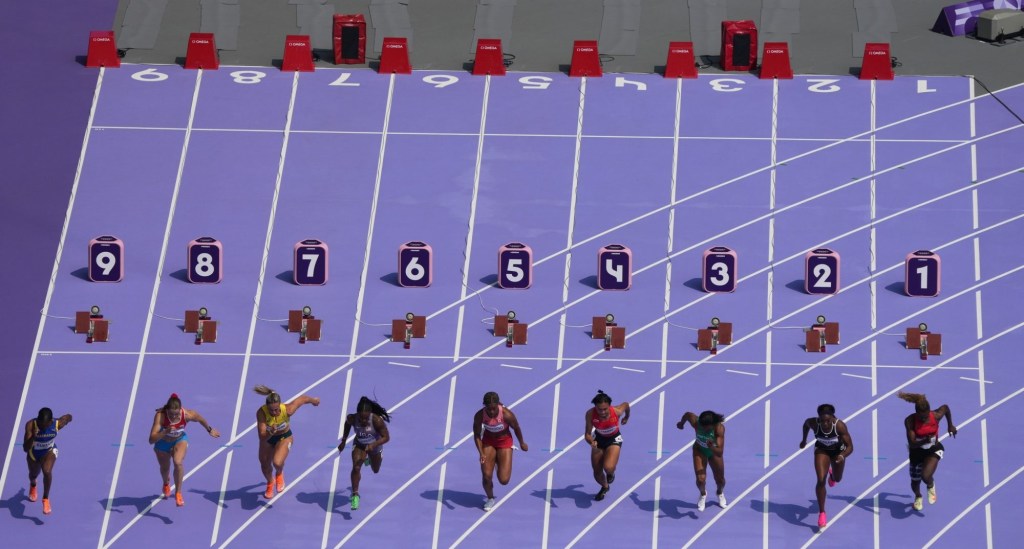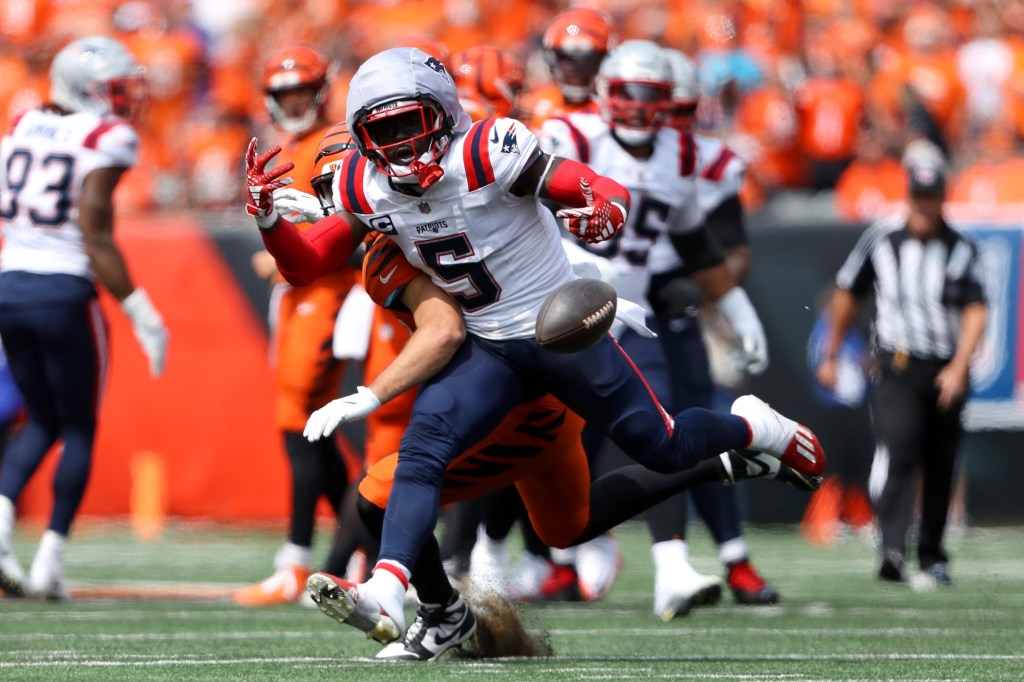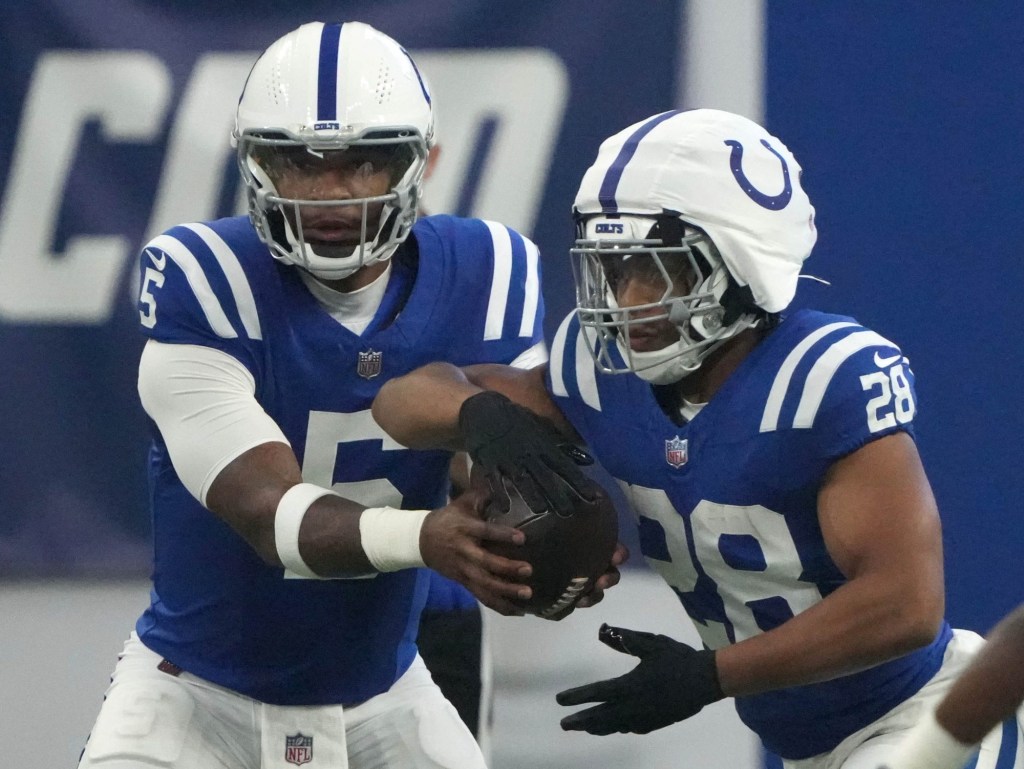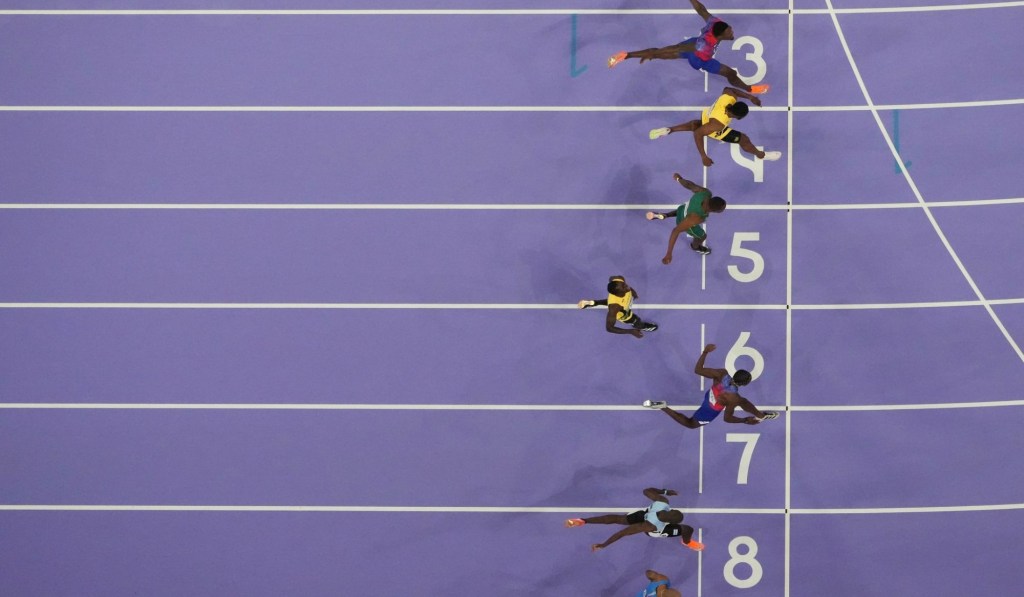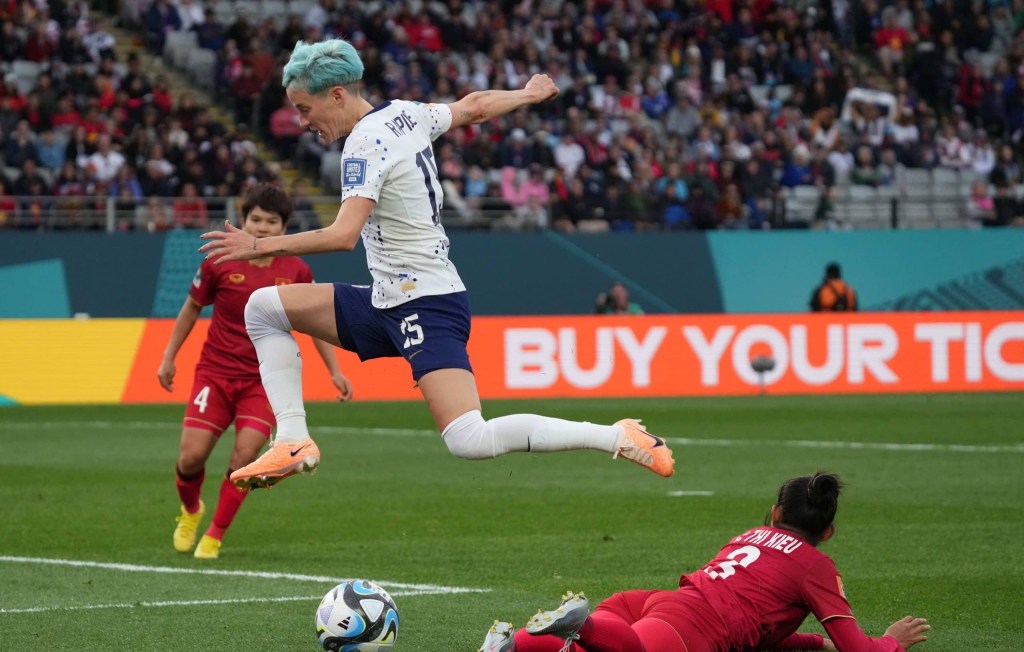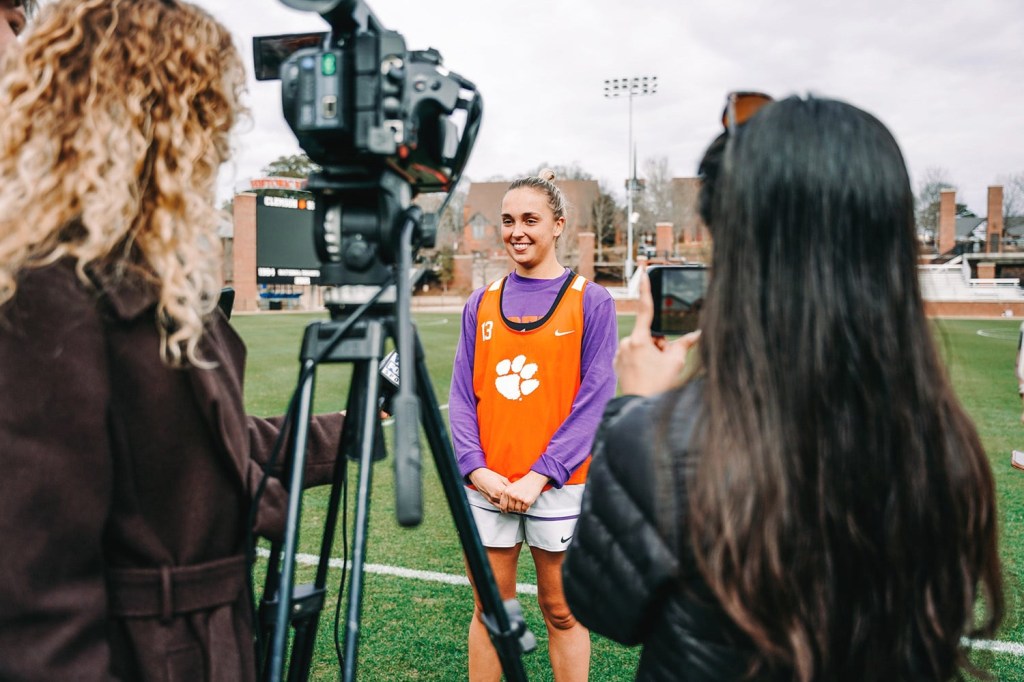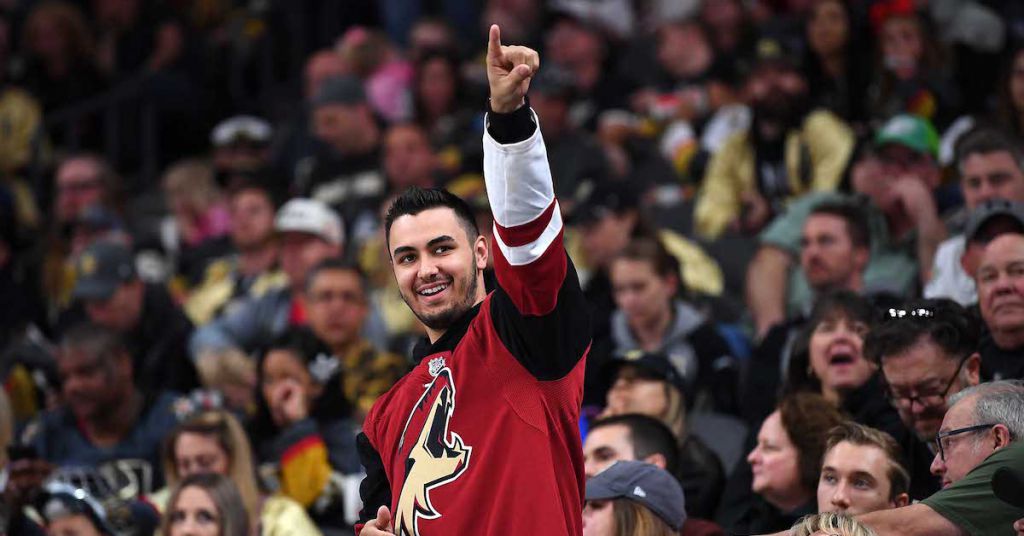
Currently on a seven-year playoff drought, the Arizona Coyotes have struggled to draw fans to Gila River Arena.
The team has had an average attendance in the bottom five across the NHL dating back to the 2010-2011 season. Last season, it had the third-lowest average attendance with 13,989 fans per game.
But amid an influx of young talent on the ice as well as a promising new owner, the team is looking to draw in more young fans across Phoenix and the Valley with a new ambassador ticket-selling strategy.
Launched in early November, the Coyotes Ambassador Program works as follows: a user signs up for the free program and sells tickets through their social channels. The more tickets an individual user sells, the more points they earn. Those points can be redeemed for free tickets, vouchers for an all-you-can-eat section, passes to the AZBLue Club, for food and beer, and also other perks like a Zamboni ride.
While the program is still new, it has allowed the Coyotes to reach a younger demographic that might not otherwise consider buying a ticket package or even coming to a game, said Cole Cook, Coyotes senior director of business strategy and analytics.
“It’s an easy sell, hockey is fast-paced and exciting, it’s just getting people to their first game,” he said.
Cook did not provide the exact number of tickets sold. The program gained more than 250 ambassadors, with an average age of 24.
Perhaps most important is just getting those fans into the arena.
“It’s programs like this that get them in the door,” he said. “If they’re hooked, we can get them on a mini-plan, partial season plan or full-season plan.”
This is just one of the many ways that the Coyotes are looking to draw in younger fans, as well as grow the season ticket member base.
Other young demographic-focused initiatives include the Coyotes Student Rush Program, which allows college and high school students with valid student IDs to purchase a lower-level ticket for $30 or an upper-level ticket for $15.
Those programs work together with the team’s other efforts to grow the game in a non-traditional hockey market, which Cook called “hockey the hard way.”
“The location of Glendale is a challenge and we’re always trying to innovate,” he said.
The Coyotes have seen an uptick in attendance so far this season, as the team has gotten off to a hot start, averaging more than 14,300 fans per game, up roughly 2.9%. However, the team still ranks 28th in average attendance across the NHL.
READ MORE: Chargers LUX Aims to Keep Suite Owners Happy Outside SoFi Stadium
The rising interest in the team has also been helped by an ownership change this summer when Alex Meruelo acquired a majority stake in the team. Meruelo is the first and currently only Hispanic majority owner in the NHL.
Pat Ryan, the co-founder of ticket sales strategy company Eventellect, said he thinks it makes sense that the Coyotes, because of Meruelo’s background, are among the first teams to try this sort of ambassador program.
“He’s a super creative entrepreneur so it’s exciting to see that impacting the team,” Ryan said. “The ambassador program has had a lot of success in the festival space so it will be interesting to see if it replicates to sports. It’s an idea worth trying.”
The Coyotes Ambassador Program is operated in conjunction with the influencer marketing company Pollen, which approached the team. The company, a Ticketmaster partner, is just starting to dip their toe in the sports market.
“It’s another channel for us to try to sell tickets,” Cook said. “We’re always evaluating vendors and this is one that made sense for us as we try to reach a younger demographic.”
The interest in the Coyotes was likely aided by Phoenix being one of Pollen’s largest markets, so a large database was readily available, Cook said.
Pollen is still most active in the travel, festival and nightlife industries, allowing users to share experiences and earn rewards. Currently, users can earn suite upgrades during Miami weekends, VIP guest list status in Las Vegas and gear upgrades and lift tickets in Breckenridge.
According to a Wall Street Journal article in October, Pollen takes an 18% commission on sales and has 35,000 members who used the service at least once in the past year, selling 330,000 experiences in 2019.
READ MORE: Season Ticket Sales Change But They Remain Backbone Of Attendance
The company is also working with the Jacksonville Jaguars.
While the long-term benefits of the Coyotes Ambassador Program are yet to be seen, Cook said it’s activating a new portion of the fanbase and helping create an extended social media marketing platform for the team.
“It’s an interesting test,” he said. “We’re not the Los Angeles Lakers or Toronto Maple Leafs; we can try new things and see what works.”
